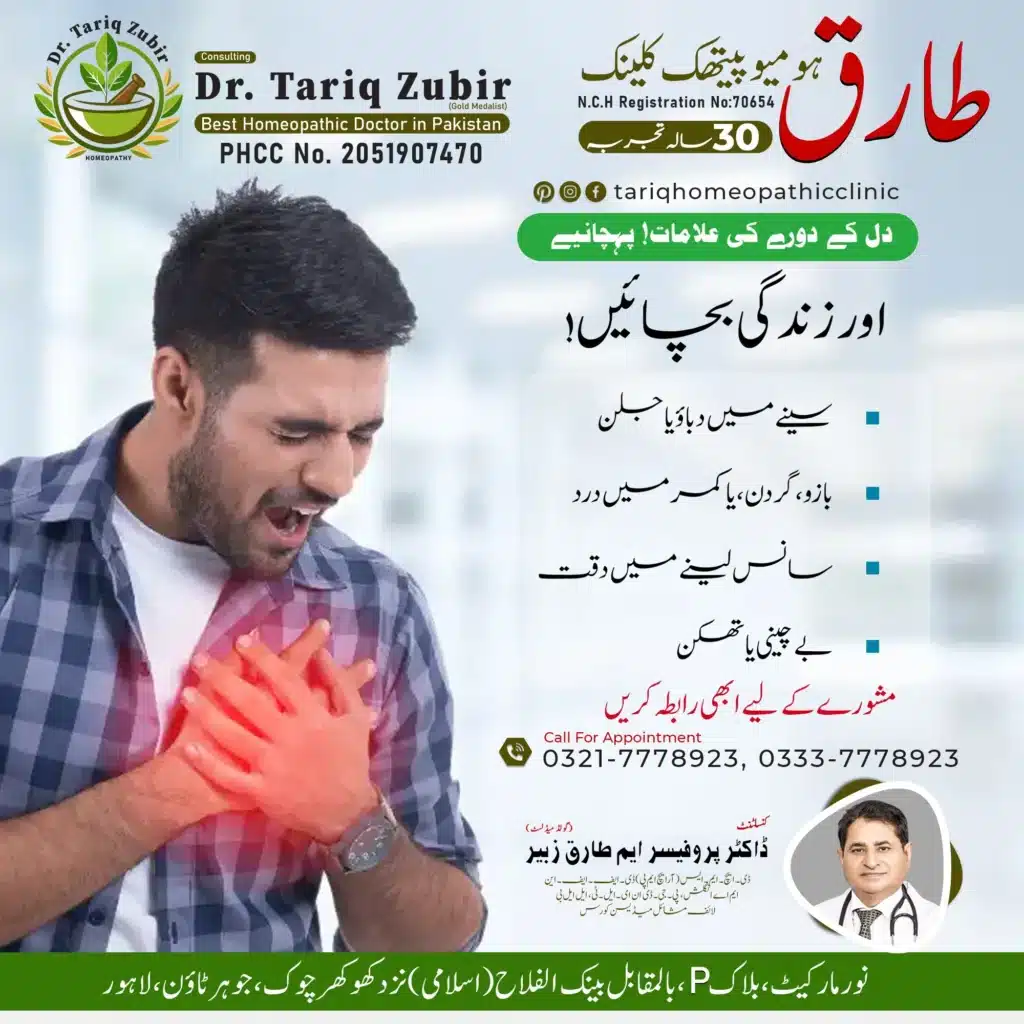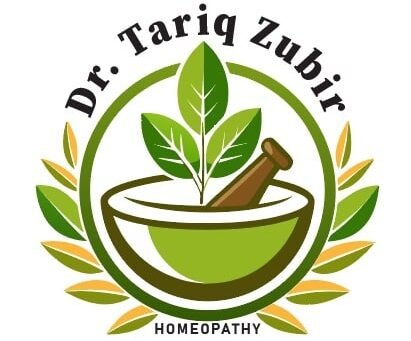What is Congestive Heart Failure?
Congestive Heart Failure, or CHF, is a long-term condition where the heart can’t pump blood efficiently. Think of your heart as a water pump. If it starts to weaken or leak, it can’t keep up with demand. That’s exactly what happens in CHF—fluid builds up, and your organs don’t get the oxygen they need.

Causes of CHF
CHF doesn’t just appear out of nowhere. It often develops after conditions like:
- High blood pressure
- Coronary artery disease
- Past heart attacks
- Valve disorders
- Cardiomyopathy (heart muscle disease)
These conditions make the heart work harder and drmtariq.comhttp://drtariqkhan.comlead to its failure.
Symptoms to Watch For
Recognizing CHF early is crucial. Look out for:
- Fatigue and weakness
- Shortness of breath, especially during activity or when lying down
- Swelling in feet, ankles, or legs
- Rapid weight gain from fluid retention
- Persistent cough or wheezing
How Homeopathy Approaches CHF
The Philosophy Behind Homeopathy
“Like cures like” is the tenet of homeopathy. It encourages the body’s natural healing process rather than squelching symptoms. Because they are highly diluted, medications are both gentle and effective.
Individualized Treatment: A Unique Advantage
Homeopathy does not treat CHF patients in the same way. One person may experience anxiety, another swelling, and a third difficulty breathing. In order to customize treatment, homeopaths take these particular symptoms into account.
Safety and Natural Healing
Homeopathic remedies are made from natural sources—plants, minerals, and even animal products. They are free from side effects and safe for all ages, even for those with other health conditions.
Top Homeopathic Medicines for CHF
Crataegus Oxyacantha (Hawthorn Berry)
How It Works
Known as a heart tonic, Crataegus improves coronary circulation and strengthens the heart muscle. It helps in cases of weakened heart and irregular heartbeat.
Common Dosage
It’s usually taken in tincture form (Mother Tincture) or low potencies like 3X or 6C. Always consult a practitioner for exact dosage.
Digitalis Purpurea
When It’s Used
Perfect for cases where the pulse is weak and slow. If the person feels like the heart will stop with the slightest movement, this is a go-to remedy.
Key Benefits
Improves heartbeat regulation, eases breathlessness, and enhances the heart’s pumping action.
Adonis Vernalis
Heart Strength and Rhythm
This remedy improves the strength of the heart and regulates the pulse. It’s often used in chronic heart conditions and fluid retention.
Convallaria Majalis
Helpful in Valve Disorders
If there’s a sense that the heart is working too hard—especially with valve issues—this is the remedy. It reduces irregular heartbeats and chest congestion.
Arsenicum Album
For Anxiety and Breathlessness
Great for patients who experience extreme fatigue, restlessness, and anxiety—especially at night. It helps relieve breathing difficulty.
Laurocerasus
For Cyanosis and Weak Pulse
When there’s bluish discoloration (cyanosis), difficulty breathing, and a weak pulse, Laurocerasus is beneficial.
Homeopathy vs Conventional Medicine for CHF
Differences in Approach
Conventional medicine uses drugs like diuretics, beta-blockers, or surgery to manage CHF. These methods are often necessary for acute management.
Homeopathy, on the other hand, focuses on long-term healing and improving the heart’s function without suppressing symptoms.
Can They Work Together?
Yes! Many patients use homeopathy as a complementary therapy. It’s essential to work with both a cardiologist and a qualified homeopath for safe integration.
Lifestyle Tips to Support Heart Health
Diet and Nutrition
You are what you eat—and your heart agrees. Focus on:
- Fresh fruits and veggies
- Whole grains
- Low-sodium foods
- Omega-3 fatty acids (like flaxseed or walnuts)
Avoid processed foods and high-sugar diets.
Exercise and Movement
Even light walking helps your heart stay active. The key? Consistency. Don’t overdo it—listen to your body.
Managing Stress
Stress puts a direct load on your heart. Practice deep breathing, meditation, or yoga. Even spending time with loved ones helps.
When to See a Doctor
Red Flags That Require Immediate Attention
If you notice:
- Chest pain
- Sudden shortness of breath
- Severe swelling
- Confusion or dizziness
Seek medical help immediately.
Role of Diagnostic Tests
An ECG, echocardiogram, or chest X-ray can confirm CHF and guide treatment. Never skip these tests—they provide vital insights.
Final Thoughts on Homeopathy for CHF
Congestive heart failure symptoms can be gently and naturally managed with homeopathy. While it’s not a replacement for emergency care, it supports long-term healing, improves quality of life, and complements conventional treatments beautifully. It helps your heart return to its proper rhythm, much like tuning a musical instrument.
FAQs
1. Can homeopathy completely cure CHF?
No, but it can significantly manage symptoms, improve quality of life, and prevent progression when used consistently.
2. Is it safe to combine homeopathic and conventional treatments?
Yes, but always consult both your cardiologist and homeopath to ensure safe integration.
3. How long does homeopathic treatment take to show results?
Results vary based on the individual. Some notice improvement in weeks, others in months. Patience is key.
4. Are there any side effects to homeopathic medicines?
Generally, no. They are safe when prescribed by a qualified practitioner.
5. Can lifestyle changes boost the effects of homeopathic remedies?
Absolutely. Diet, exercise, and stress management greatly enhance treatment outcomes.
